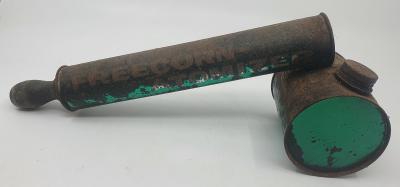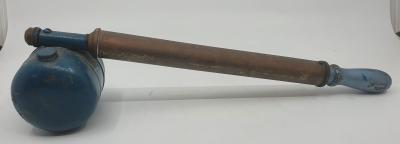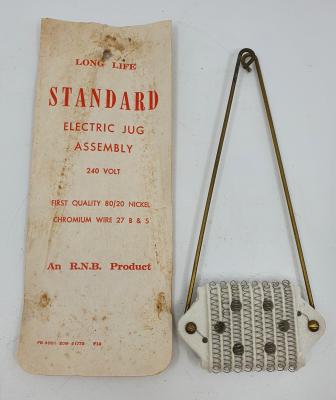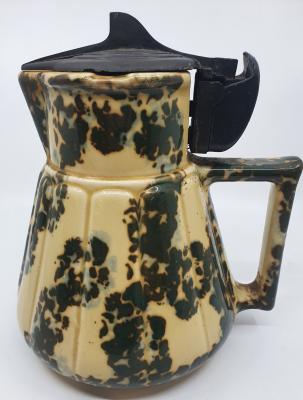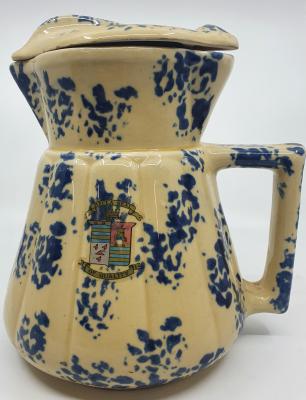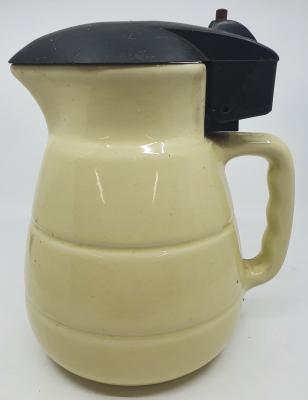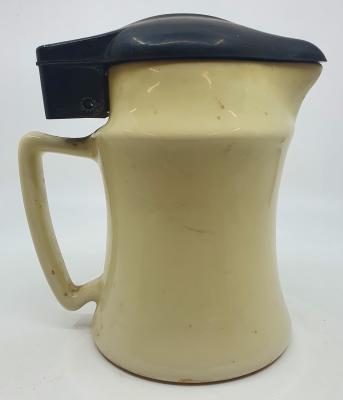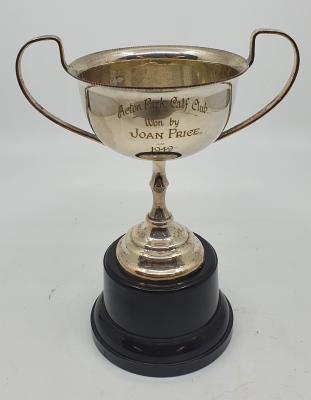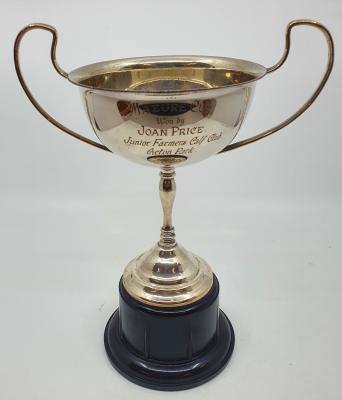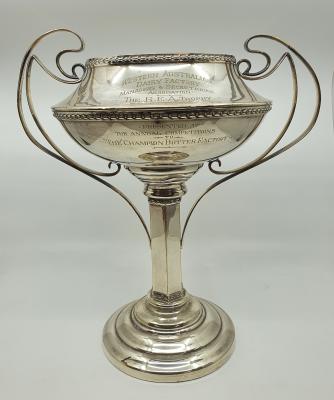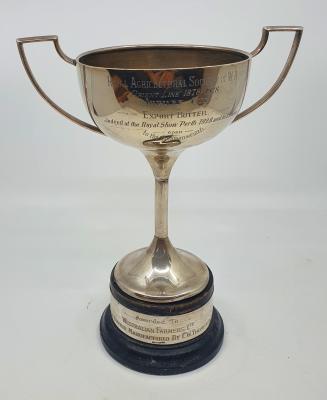Rotary Horseworks
c. 1890This machine is a rotary horseworks thought to date from the late 1800s.
A horse walking in a circle attached to the horseworks would power stationary farm machinery such as threshing machines, winnowers, chaff cutters and butter churns.
Horseworks were used on Australian farms from about 1850 until the First World War before being replaced by small internal combustion engines. While the mechanical efficiency of horseworks was rather low, it was a great improvement on operating equipment by hand and relieved families, usually women and children, of this laborious task.
Details
Details
Horseworks came in various sizes. This is a single horse gear which had a driving wheel of 30 inches in diameter and 1 revolution made by the horse could equate to 6 ½ - 20 ½ revolutions of the driving wheel dependent upon the power of the horse. It was suitable for driving butter churns, pumps and small chaffcutters. The larger horseworks had a larger driving wheel, required more horses and generated enough power for driving threshing machines, larger chaffcutters and winnowing machines.
The type of horses favoured for horseworks were quiet ones with a slow and even pace and their sight was usually restricted by leather blinkers. The take-off shafts were made up of several pieces joined with universal or flexible joints so that they could be aligned to the machine being driven via a pulley.
The horse was the chief source of power on the Australian farm from the 1850s until after the First World War. Teams pulled farm implements and machinery from ploughs and cultivators to seed-drills and harvesters. They carted produce to the town or rail-head, and they powered rotary horse works like this example. To maintain the strength and health of working horses, a large percentage of farmland had to be devoted to growing their food. A horse would eat about 5 tons of feed per year.
When this horse works arrived at the Museum it was in pieces and it was lovingly restored and reassembled by Society volunteers under the direction of Frank Mouritz.
Other items from Busselton Historical Society
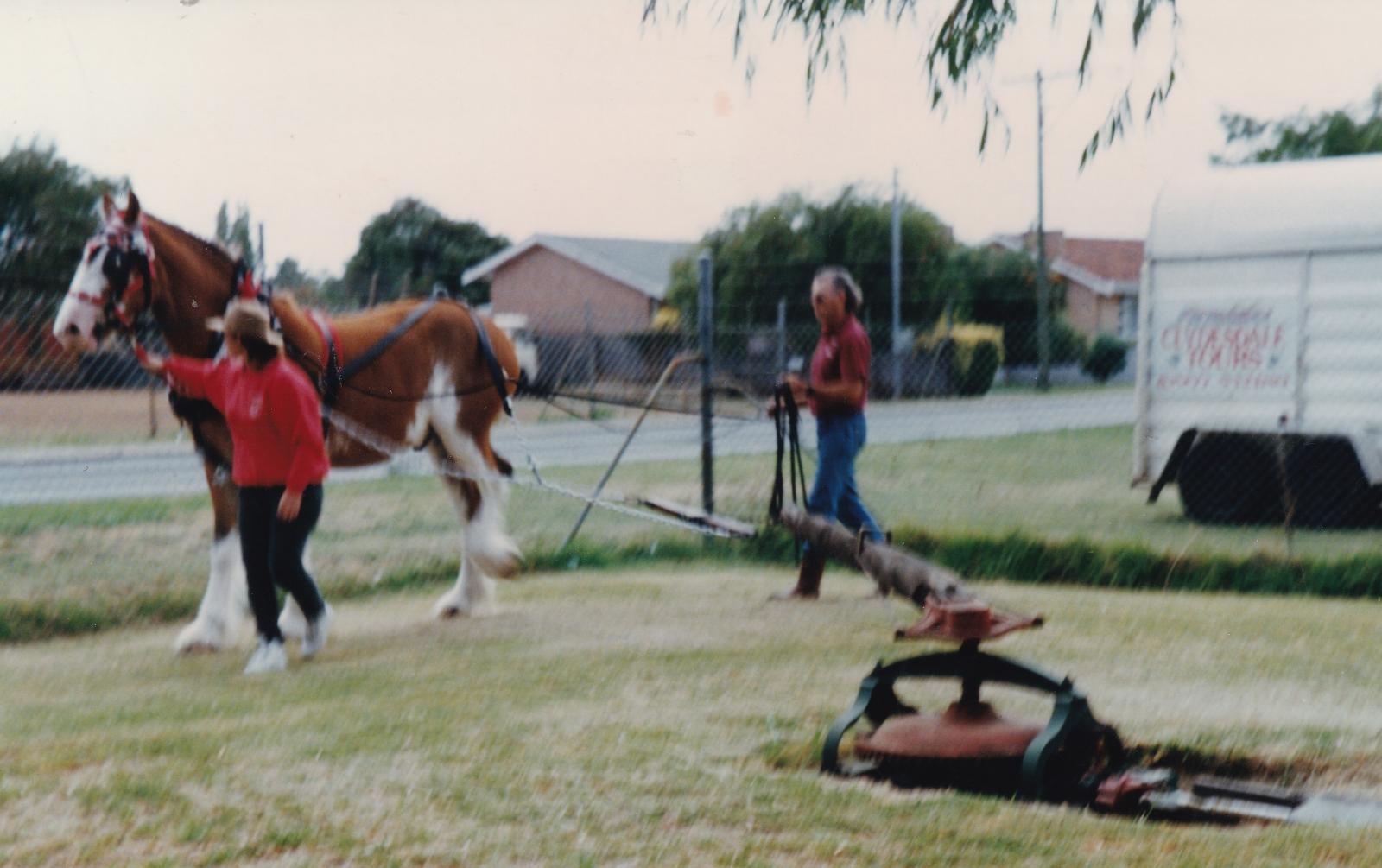
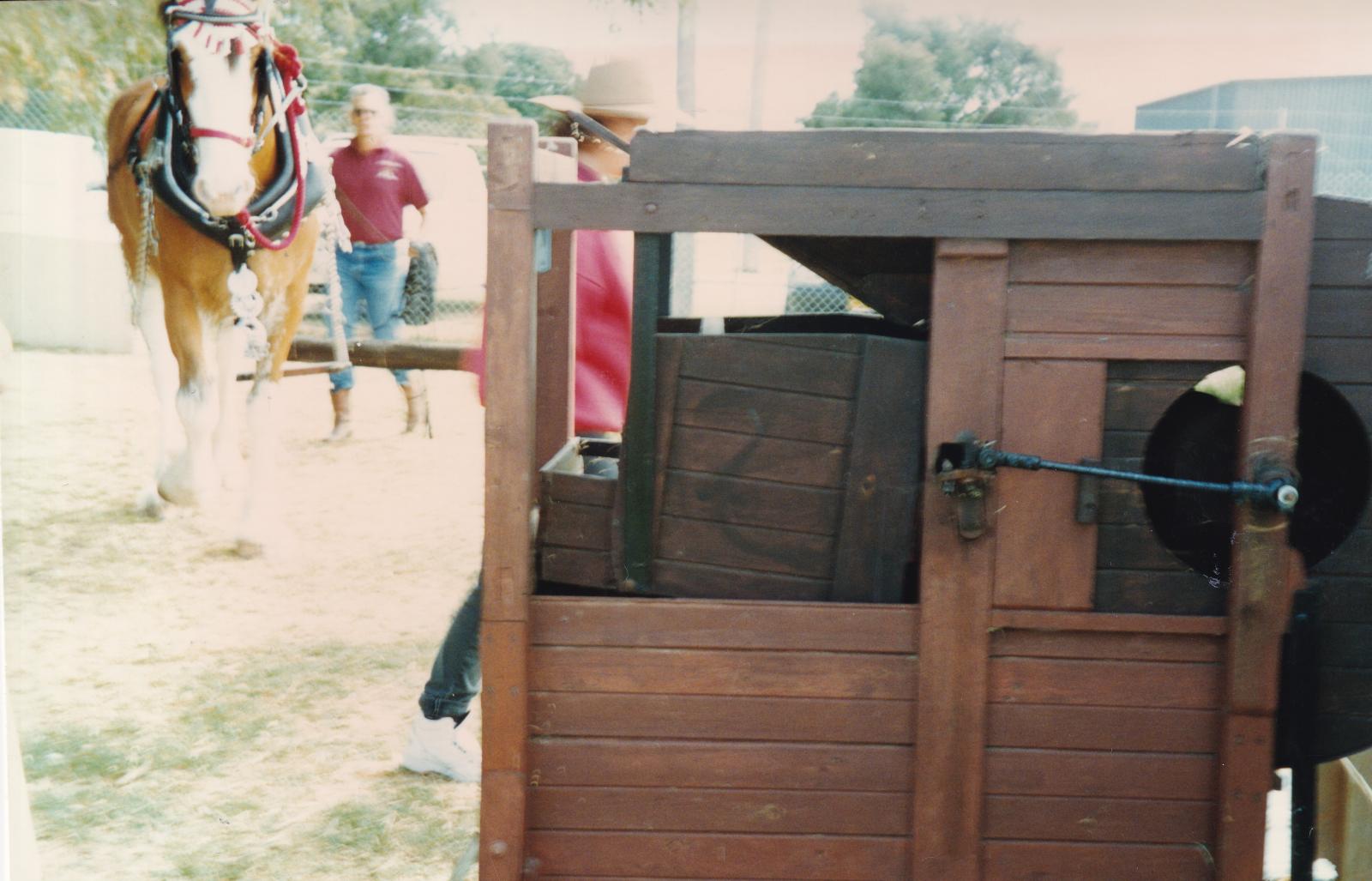

Scan this QR code to open this page on your phone ->

